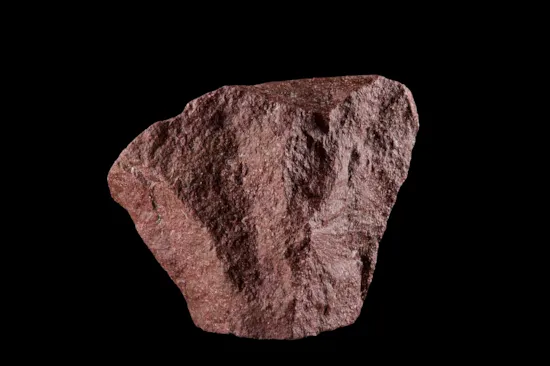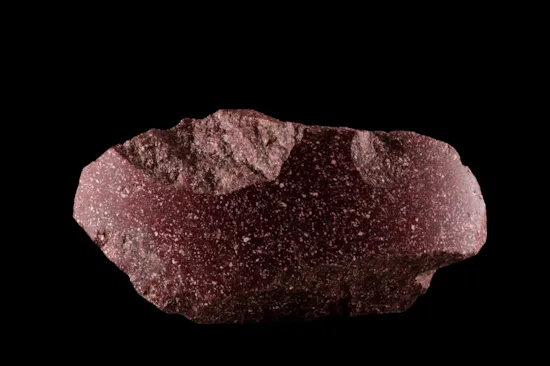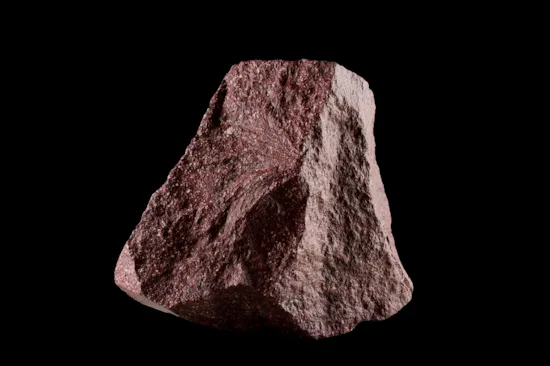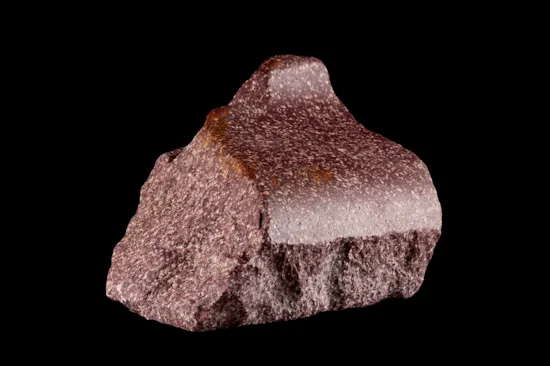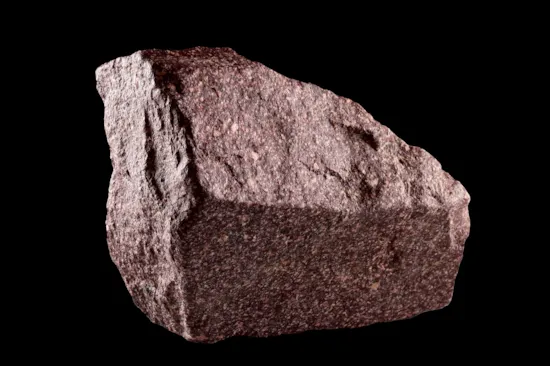Two Ancient Roman Fragments of Imperial Porphyry
Two Ancient Roman Fragments of Imperial Porphyry
A column and a fragment of a sarcophagus
1st - 2nd Century AD
Sizes: a. approx: 15.5cm high, 21cm wide, 13cm deep - 6 ins high, 8¼ ins wide, 5 ins deep
b. approx: 14cm high, 26cm wide, 21cm deep - 5½ ins high, 10¼ ins wide, 8¼ ins deep
A column and a fragment of a sarcophagus
1st - 2nd Century AD
Sizes: a. approx: 15.5cm high, 21cm wide, 13cm deep - 6 ins high, 8¼ ins wide, 5 ins deep
b. approx: 14cm high, 26cm wide, 21cm deep - 5½ ins high, 10¼ ins wide, 8¼ ins deep
Porphyry comes from the Latin word for purple ‘purpura’ and was used by the Romans to describe the hard volcanic rock peppered with white crystals of feldspar that was quarried in the Egyptian eastern desert at Gebel Dokhan. By law only the Roman emperors could use the colour purple and the dye was worth more than gold. First extracted by the Phoenicians and called Tyrian the dye came from crushed ‘Murex Trunculus’ shellfish. Whole woollen fleeces would be dyed to the desired colour before being spun into the wool to weave the Imperial togas.
The Egyptian porphyry quarries were known as ‘Mons Porphyrites’ and were opened in the 1st century AD and worked for four centuries, mostly by slaves and convicts. The deep purple-red colour of the rock was highly prized by the Emperors Nero, Trajan and Hadrian who restricted it like the dye, to Imperial use, and regarded the Egyptian quarries as their exclusive property.
The Egyptian porphyry quarries were known as ‘Mons Porphyrites’ and were opened in the 1st century AD and worked for four centuries, mostly by slaves and convicts. The deep purple-red colour of the rock was highly prized by the Emperors Nero, Trajan and Hadrian who restricted it like the dye, to Imperial use, and regarded the Egyptian quarries as their exclusive property.
Two Ancient Roman Fragments of Imperial Porphyry
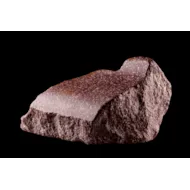
SOLD
